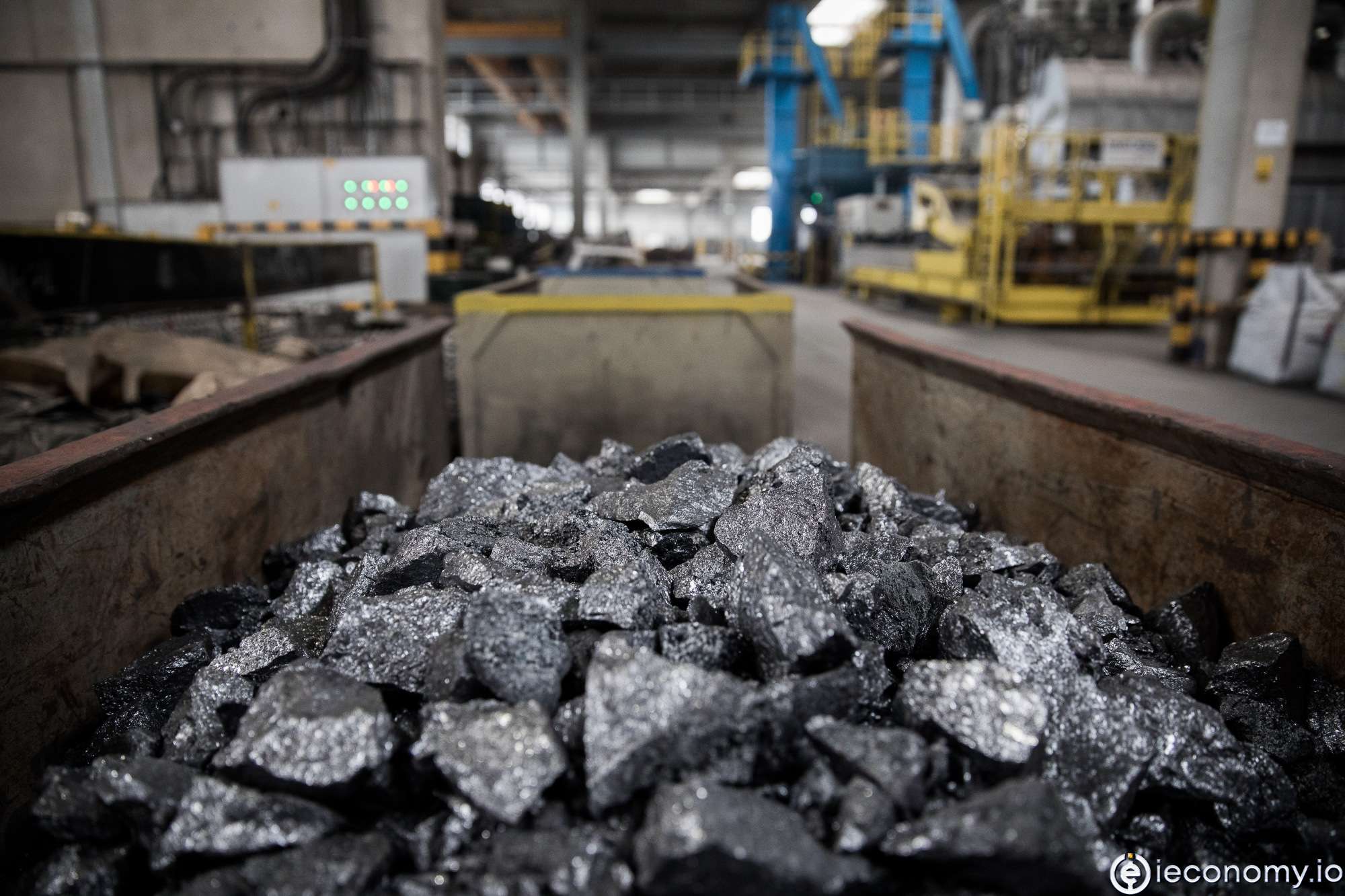11615
0
Silicon has risen in price by 300 percent
The global shortage is affecting more and more raw materials and is reflected in a jump in prices. Silicon has risen in price by 300 percent.

Yazar: Tom Roberts
Yayınlanma: 4 Ekim 2021 07:42
Güncellenme: 20 Şubat 2026 17:39
Silicon has risen in price by 300 percent
The global shortage is affecting more and more raw materials and is reflected in a jump in prices. For example, silicon has risen in price by 300 percent in less than two months, writes Bloomberg. The main culprit is the interruption of production in Chinese factories. The increase will affect companies across the industry spectrum, from car manufacturers, to manufacturers of photovoltaic cells to plastic surgeons. China is the world's largest producer of silicon, accounting for up to 67 percent of the world's mineral production. In recent years, the price of silicon ranged from eight thousand to 17 thousand yuan per ton. Now the price has shot up to 67,300 yuan per ton, says Bloomberg. The Chinese government has ordered silicon producers in Yunnan Province to reduce their production by 90 percent from September to December compared to August. Not that Beijing wants Chinese factories not to produce, quite the contrary. But China is currently facing an energy crisis due to tight coal supplies and tighter emission standards. People complain about power outages, broken traffic lights or elevators, and look anxiously at the coming winter. And that is why Beijing is holding back industrial production. With a bit of exaggeration, silicon is a "girl for everything". It is one of the most abundant elements on the planet Earth and is used in the manufacture of computer chips, concrete or glass. It is also indispensable in the automotive industry and in photovoltaic manufacturers. It is used to make polycrystalline silicon, the basic component of solar panels, thanks to which the cells convert sunlight into electricity. "Silicon is a semiconductor and a central element for the production of solar energy, because it involves the so-called photoelectric effect, the direct conversion of solar energy into electricity," explains Matěj Řehák, a member of the Board of the Solar Association. "As a semiconductor, it makes it possible to dissipate the electric charge generated by incident photons from the Sun," adds Řehák. It is also the basic raw material for the production of silicone, from which medical implants, sealants, deodorants and the like are made. The sharp rise in the price of silicon is therefore another hectic addition of fire under the cauldron of world inflation. The rise in price of raw materials will also affect solar panel manufacturers. Polycrystalline silicon prices jumped 13 percent to $ 32.62 per kilogram on Wednesday, the most since 2011. Since the beginning of June last year, the material has risen in price by more than 400 percent. It is far from just the current energy crisis in China that is to blame. Prices are also rising due to increased demand for renewable energy sources and market speculation.İLGİLİ HABERLER





European stocks soared and focus shifted to German retail sales after Powell's speech!

Forex Signal For TRY/USD: Inflation Slowdown in November.

Forex Signal For GBP/USD: Bullish Trend Still Not Breaking While Recovery Continues.

Forex Signal For EUR/USD: Starry US Data Points to Higher Fed Increases.

Forex Signal For BTC/USD: Downside Continues as Bitcoin Recovery Moves Less.
En Popüler Haberler
Yorum Yap
Yorumlar
Henüz yorum yapan yok! İlk yorumu siz yapın...